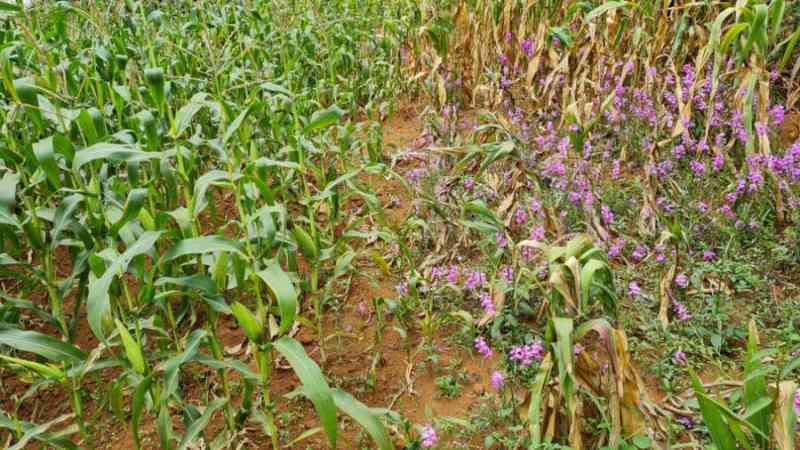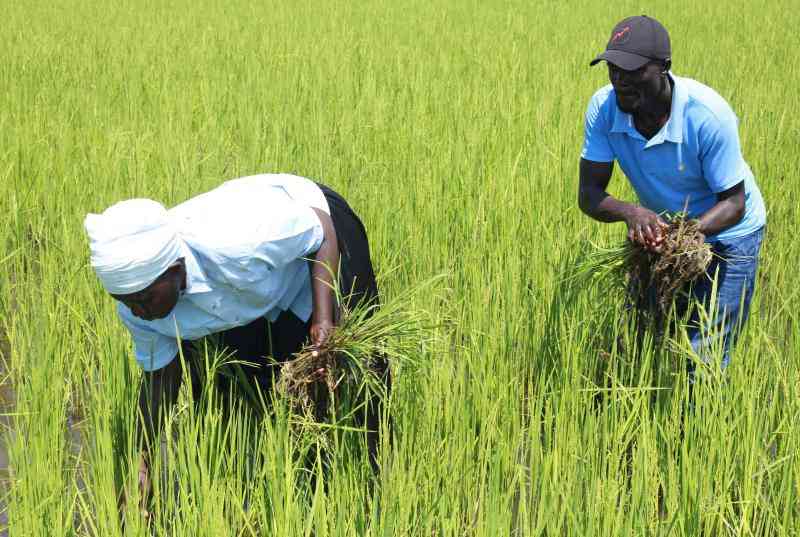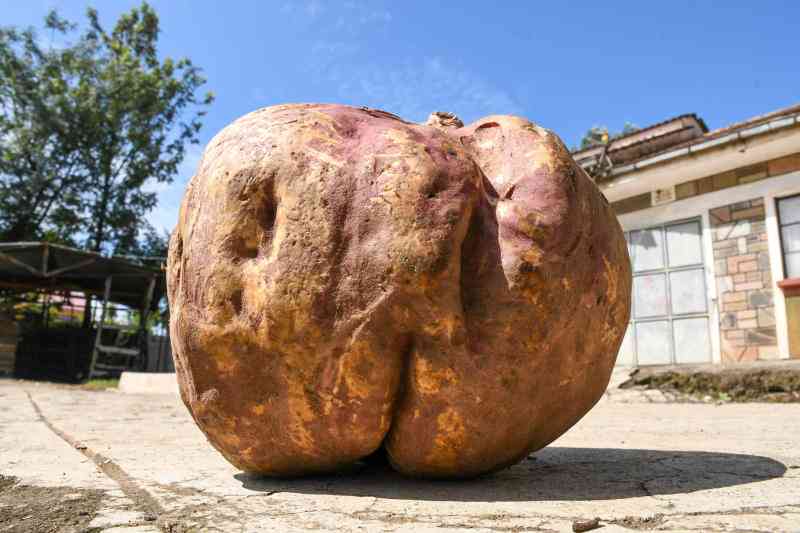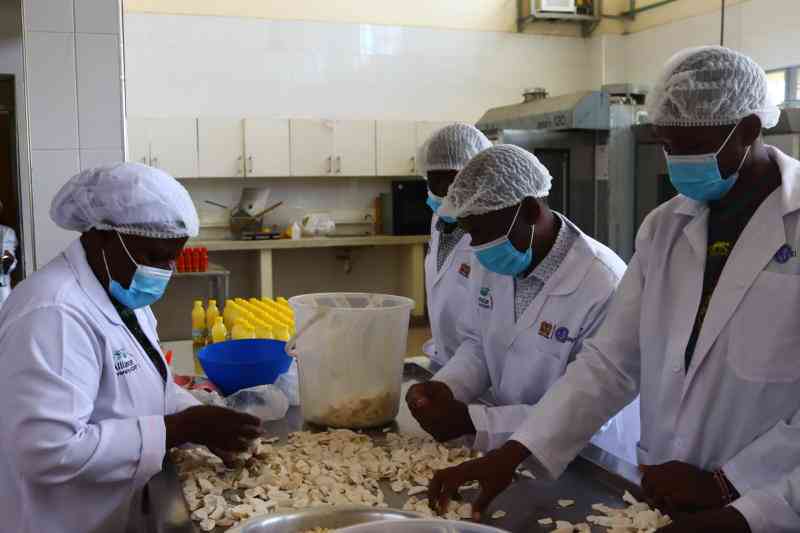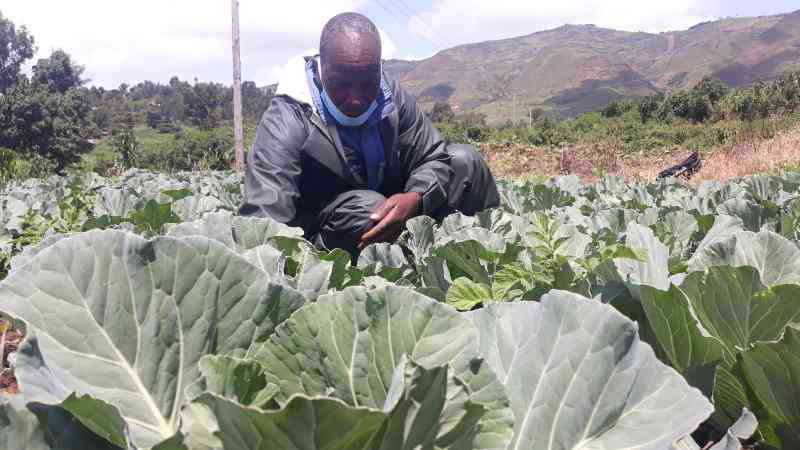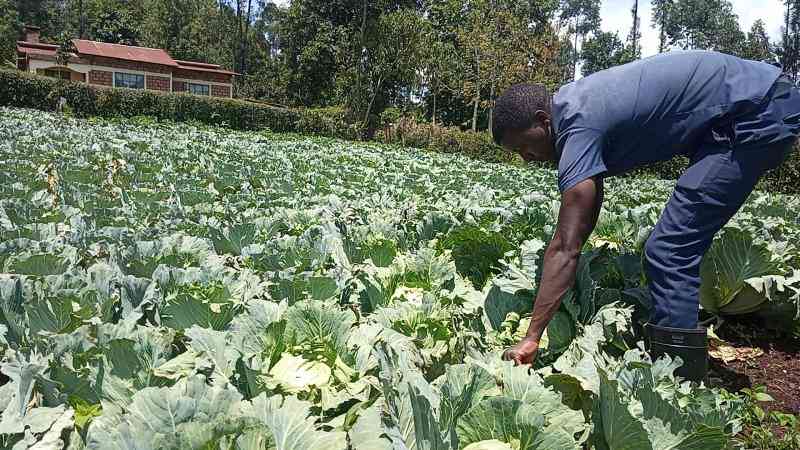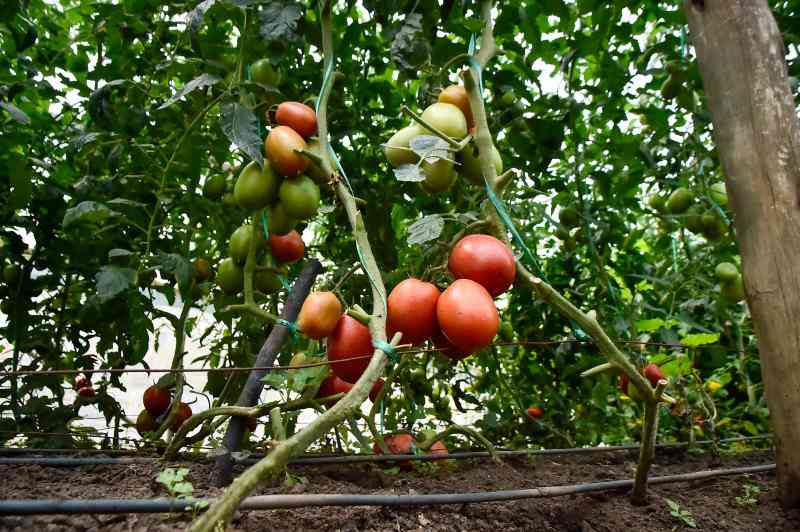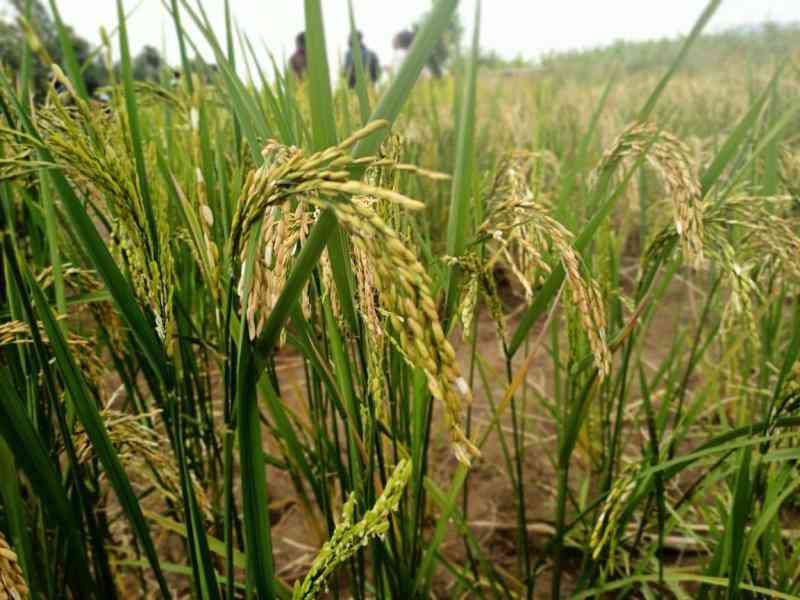
[Phares Mutembei, Standard]
Meru, Embu, and Tharaka Nithi counties are witnessing a green revolution with the rapid adoption of high-yielding upland rice varieties.
This promising shift is spearheaded by a collaboration between Kilimo Trust, the Kenya Agriculture and Livestock Research Organisation (KALRO), and Egerton University.
Designed to flourish under rain-fed conditions, these innovative rice varieties are transforming the agricultural landscape. Over the past two years, more than 3,800 small-scale farmers have received training in upland rice cultivation. Among them, 800 farmers have successfully embraced these drought-tolerant crops, potentially paving the way to solving Kenya’s food security challenges.
According to Kilimo Trust Chief Executive Officer, Dr Birungi Korutaro, upland rice farming is an important initiative in attaining the goal of rice sufficiency not only in Kenya but across Africa.
“The adoption of upland rice farming in East Africa marks a significant step towards achieving food security and mitigating the effects of climate change in the region,” Dr Korutaro said.
“By reducing our dependence on imported rice, countries can lower their food import costs and strengthen their local economies. Our commitment to promoting upland rice farming aligns with our vision for a food-secure East Africa that is economically and environmentally sustainable.”
Kenya’s rice consumption is skyrocketing, driven by urbanization and changing consumer preferences. The Kenya National Bureau of Statistics (KNBS) reports annual rice consumption at over one million metric tonnes, while domestic production lags at approximately 230,000 metric tonnes. In 2023, Kenya spent Sh54.7 billion to import 937,098.5 metric tonnes of rice to bridge this gap.
Grown on well-drained soils rather than flooded rice paddies, upland rice takes between three and four months to mature, and the cost of production is slightly lower when compared to lowland rice.
Prof. Paul Kimurto of Egerton University highlighted the environmental benefits: “Upland rice reduces greenhouse gas emissions and improves soil health, facilitating the incorporation of legumes as rotational crops.”
The upland rice varieties can also be inter-cropped with other plants, making them suitable for small-scale rice farming.
Farmers like Simon Mbai from Nkui, Meru County, attest to the transformative impact, adding that more farmers are willing to learn about these varieties.
“These new varieties have been a game-changer for us. Since I switched from maize to rice farming, my income has nearly doubled. Every day more farmers are coming to ask me to teach them about these rice varieties,” said Mbai.
Adelina Munyua, another Meru farmer, shared how upland rice has enhanced her family’s nutrition and financial stability.
“Our daily diet has always revolved around maize because rice is expensive in the market. With rice, we have both an alternative staple and a cash crop,” said Munyua.
This initiative is part of Kilimo Trust’s Reduce, Reuse, Recycle Rice Initiative for Climate Smart Agriculture (R4iCSA), supported by the IKEA Foundation. The R4iCSA project aims to engage 10,000 smallholder rice farmers in Kenya and Uganda, promoting sustainable practices to mitigate climate change.
It aligns with the Kenya National Rice Development Strategy (KNRDS 2019–2030) and the East African Community’s (EAC) Rice Development Strategy, both striving to boost rice production and reduce reliance on imports.
Upland rice cultivation promises a brighter, more sustainable future for Kenya’s agricultural sector and its small-scale farmers.
 The Standard Group Plc is a multi-media organization with investments in media platforms spanning newspaper print
operations, television, radio broadcasting, digital and online services. The Standard Group is recognized as a
leading multi-media house in Kenya with a key influence in matters of national and international interest.
The Standard Group Plc is a multi-media organization with investments in media platforms spanning newspaper print
operations, television, radio broadcasting, digital and online services. The Standard Group is recognized as a
leading multi-media house in Kenya with a key influence in matters of national and international interest.

